kiadványok
The content of this publication may be used only if the source (Artemisszio Foundation, title of publication) is indicated.
This publication can be downloaded free of charge. If you find it useful, please support the work of Artemisszio Foundation.
INTERCULTURALITY
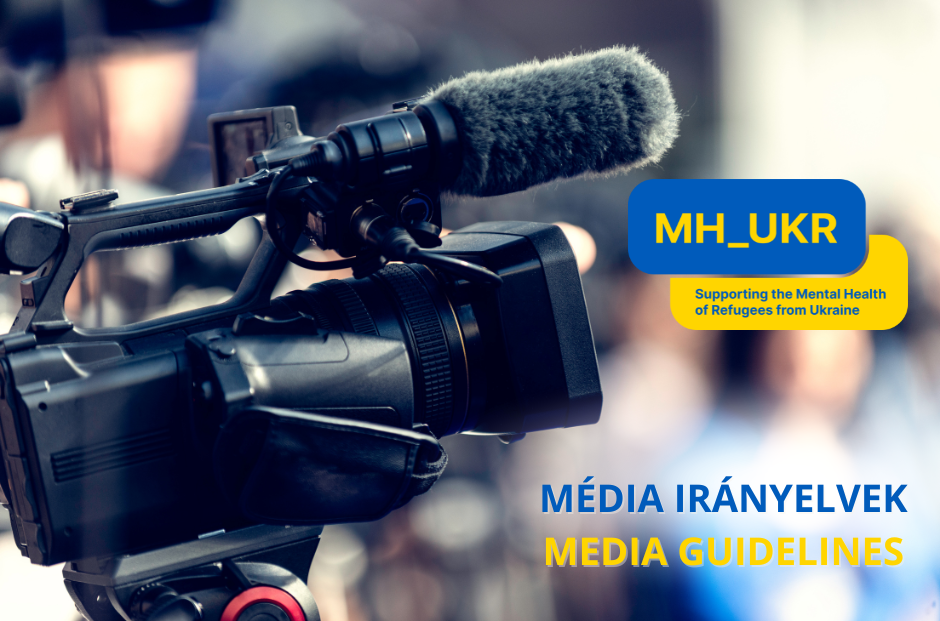
Média irányelv az ukrán menekültekkel dolgozó média szakemberek számára
A kiadvány konkrét eseteket és helyzeteket bemutatva igyekszik segíteni a médiakommunikációt olyan érzékeny témában, mint az ukrán menekültek kérdése. Hogyan kerülhető el a stigmatizáció és a diszkrimináció? Mire érdemes figyelni egy menekülttel történő interjúkészítésnél? Hogyan tartható tiszteletben a magánélet és a nyilatkozó személye? Hogyan jeleníthető meg a mentális egészség kérdése a médiában? Ezekre a kérdésekre – és még további fontos etikai dilemmára – adhat választ a kiadvány, melyet ajánlunk minden érintett szakember figyelmébe.
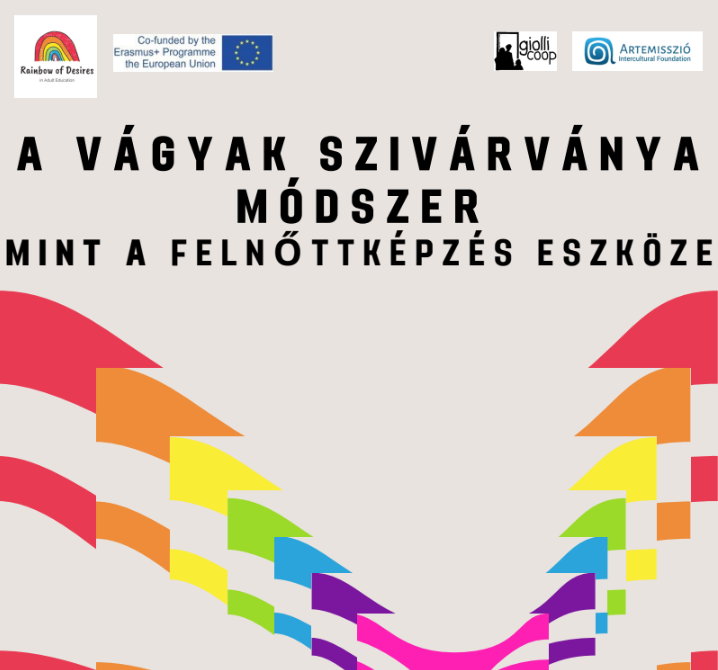
VÁGYAK SZIVÁRVÁNYA: Elkészült és szabadon elérhető a módszertani kézikönyv!
A kiadvány a felnőttoktatásban dolgozó szakemberek – trénerek, pedagógusok, csoportvezetők, oktatók – számára lehet hasznos. Bemutatjuk benne a Vágyak szivárványa elnevezésű módszertant. Ez a színházi improvizáción alapuló technika abban segít, hogy egy csoport tagjai belső dilemmáikkal foglalkozzanak, egymással megosztva jobban megértsék azokat és új nézőpontokat, megoldási stratégiákat, viselkedési módokat is keressenek – mindezt játékosan, egy kreatív folyamatba ágyazva, a testet és lelket egyaránt megmozgatva.
A módszertan alkalmazható önismereti csoportokban, szupervízióban, tréningek és felnőttképzési programok kiegészítő részeként, vagy különálló workshopként vagy folyamatként. Ha (felnőtt) emberekkel, csoportokkal dolgozol és szívesen megismernéd a módszert és alkalmazási területeit, akkor olvasd el a kiadványunkat!
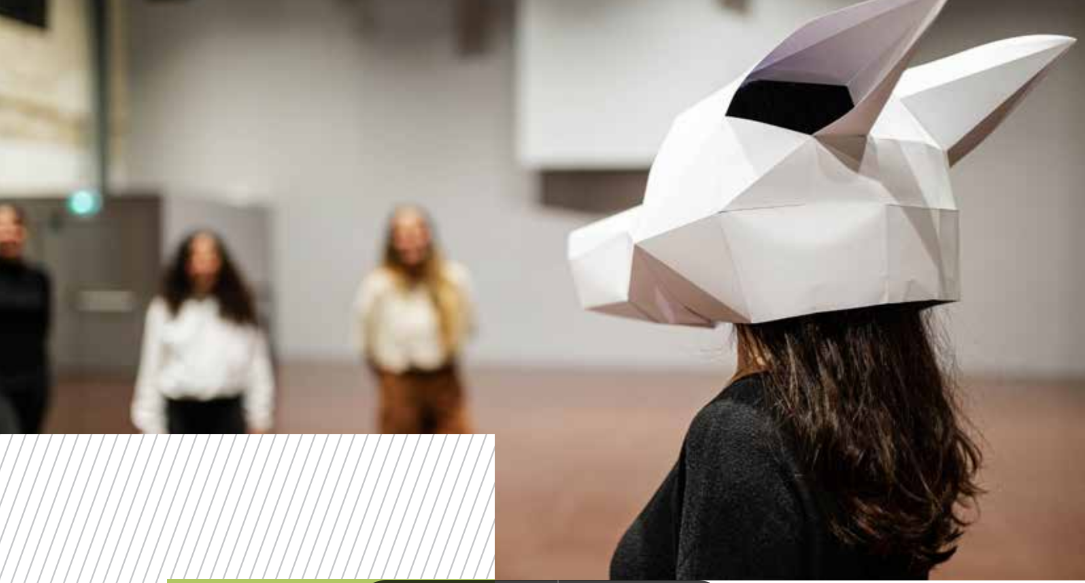
Creative actions against discrimination
The toolkits developed in the framework of the project will present methods and exercises for trainers, trainers, facilitators and other training professionals that combine anti-discrimination themes with creative tools.
The three toolkits are built around a methodology:
- Participatory filming
- Theatre
- Social media tools
The fourth toolkit offers innovative and creative ways to evaluate anti-discrimination workshops.
The four toolkits can be downloaded here: https://www.caad-project.eu/toolkit-2/
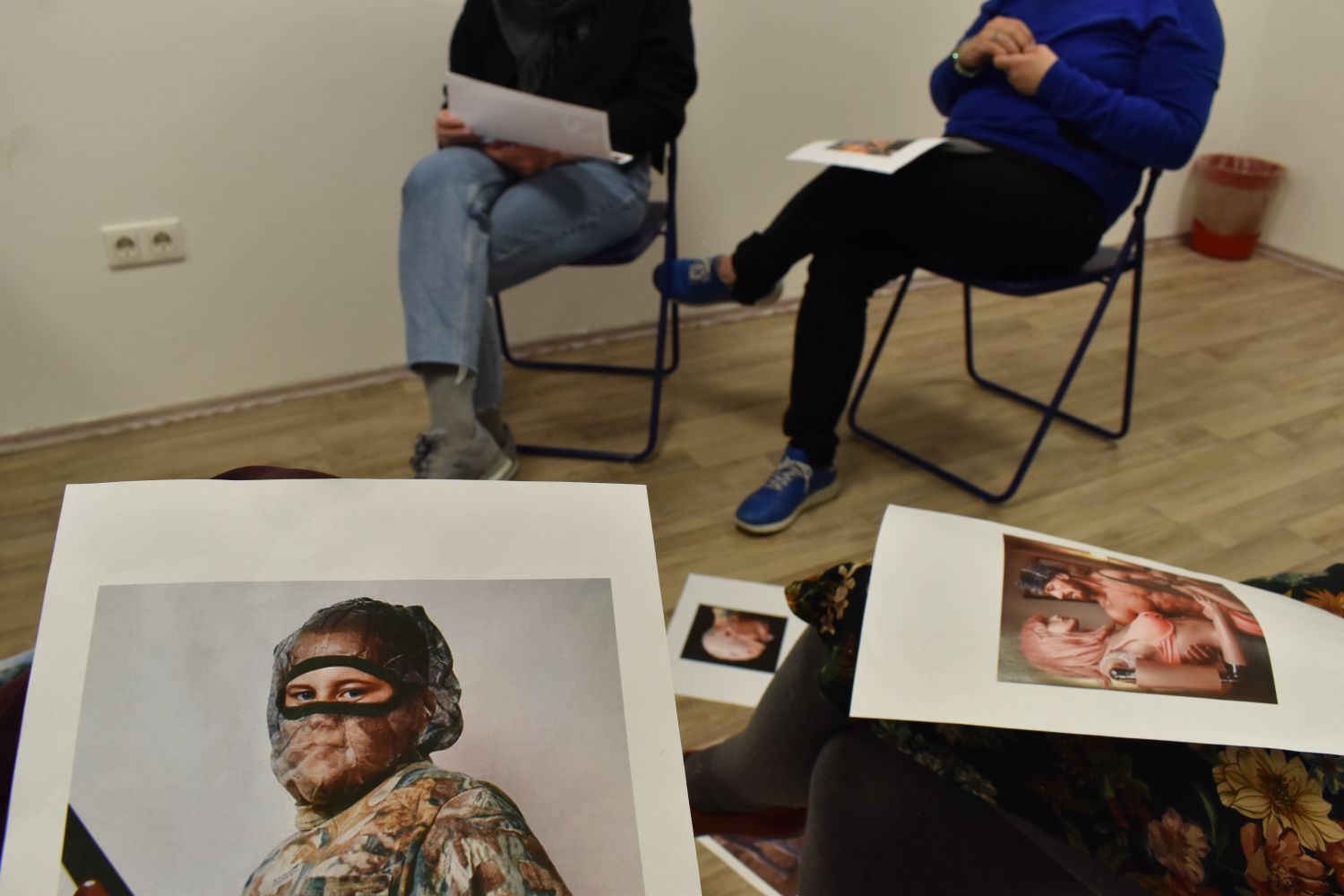
Resources for using the intercultural approach as a trainer
Margalit Cohen-Emerique is a French social psychologist and the creator of the three-step analysis methodology that underpins Artemission's intercultural approach. Margalit has been active in France for most of his professional life, but his students can be found all over Europe. In our international project Zelda, we have worked with them, organisations that, like Artemission, use and have developed Margalit's methodology over the years.
The joint work has resulted in several publications: a competency map for intercultural training, an example training plan, a collection of innovative exercises, a handbook on culturally sensitive zones.
Reményeink szerint ezek a szellemi termékek hasznos segédanyagai lesznek felnőttképzési folyamatoknak, elindítanak trénereket a módszer mélyebb felfedezése felé és kísérik azokat, akik részt vettek az Artemisszió interkulturális képzésein.
The materials are available in English on this link, by clicking on the boxes.
GLOBAL EDUCATION
ART AND INCLUSION

CirculART-e: Analysis and practices to promote youth empowerment and social inclusion
The present publication was written in the framework of the project CirculART-e with the collaboration of seven international organisations. The aim of the project is to provide youth workers with innovative skill-developing tools that are based on the concepts of circularity, visual education and digital tools.
This handbook is the first that the partnership publishes, it focuses mostly on the theoretical background of the project. There are chapters on the concept of circularity in the economy and in everyday life, and on how visual education can support social and youth work. Besides the theory there is a methodological section on the research method called ’Empathy mapping’ and some already tested activities based on our key concepts.
In the upcoming digital guide the reader will find more activities and complete workshop descriptions.
The partners are: CDCA (Italy), CIS (Spain), CRN (Germany), COTA (France) Per Esempio (Italy), Redial (Ireland) and Artemisszió (Hungary).
You can read it here.
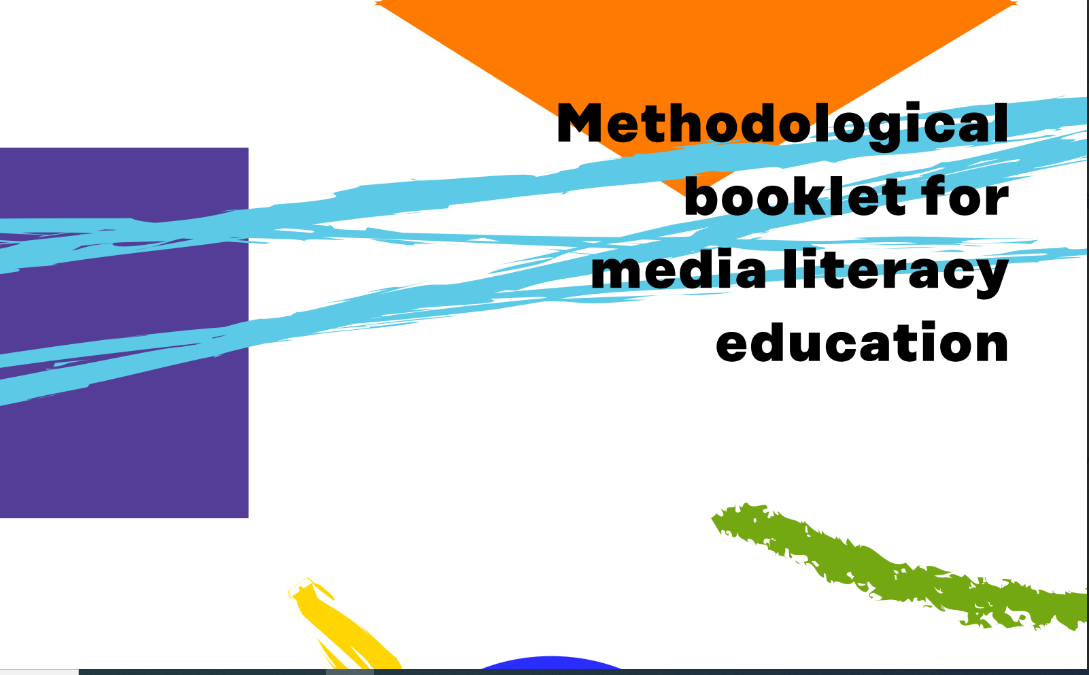
Me and the Media - Methodological booklet for media literacy education
We recommend this manual for teachers, educators, and facilitators who work with the 12-18 age range, and who wish to tackle the topics of critical thinking, identity, and stereotypes, who are the “others”, media manipulation, perception and delusion, fact-checking and fake news. The workshop plans based on non-formal education methods can be applied in a classroom, but also during a summer camp, in a thematic day, or during a youth event. We hope that the workshop plans will contribute to the enrichment of meaningful and interesting curriculum for both Educators and Youth.
The manual is a result of the cooperation of the 1st International School of Ostrava (Ostrava, Slovakia), Artemisszió Foundation (Budapest, Hungary), Instytut Kultury Miejskiej (Gdańsk, Poland) and Obcianske Zdruzenie Diera do Sveta (Liptovský Mikuláš, Slovakia) within an educational project „Democracy and Innovative Methods in Education (DIME)” founded by the International Visegrad Fund in 2019-2020.
You can read it here.
Migration
social inclusion
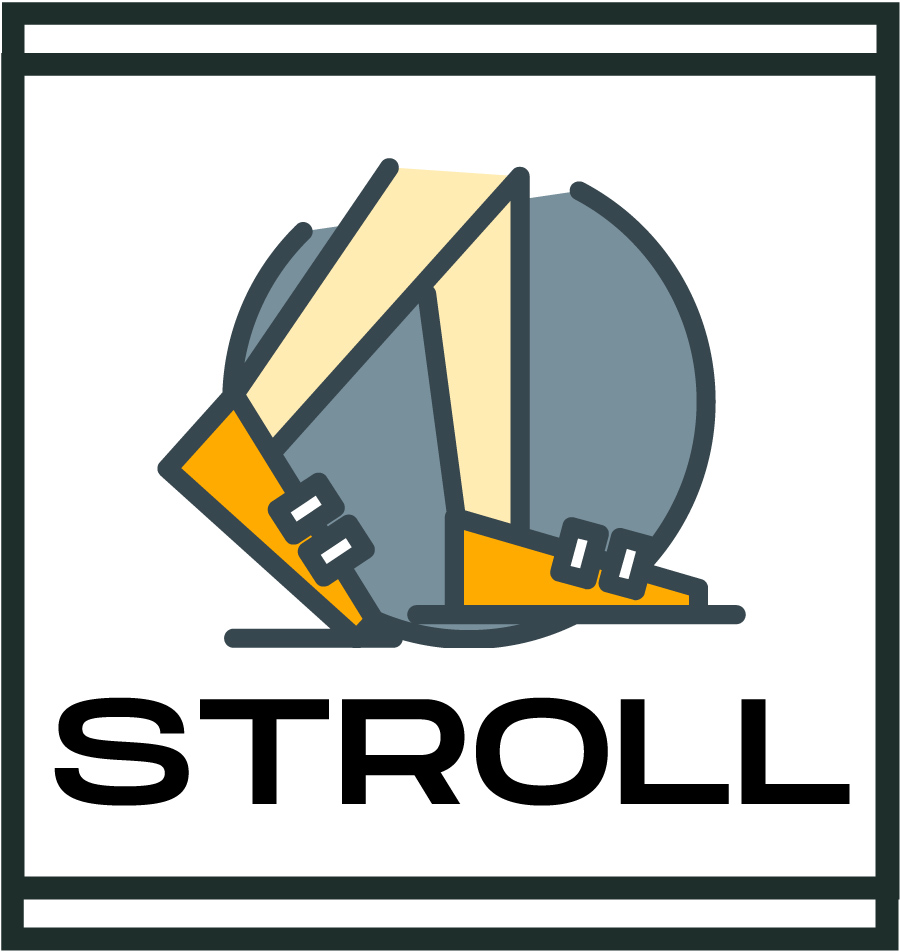
The STROLL course – Creative methods Exploring the City
In the framework of the STROLL project, an experimental international university course based on interdisciplinary research on the city and a hybrid (online and offline) methodology was created in cooperation with 3 university departments, led by the Artemisszió Foundation. The analysis summarises the experiences of teachers and students in 3 countries in relation to digital teaching and learning. The Good Practices publication presents projects and pedagogical programmes that have been implemented in a similar field, i.e. using creative methods of urban research and/or virtual mobility. The syllabus reflects the structure and content of the course. The report describes in detail how the course was developed, from its joint design through its implementation to its evaluation. The Teachers' Handbook is intended to help teachers who are keen to experiment with new methods and who have a strong preference for interdisciplinary teamwork and international cooperation.
The step-by-step presentation of the course, the clear summary of the teaching material, the colourful illustrations of the methods taught and tested, and the description of the methods used, will hopefully inspire many to use some or all of the ideas described here in their own teaching practice.
Partner Universities: Universidad Complutense de Madrid, University of Thessaly (Greece), ELTE PPK Institute of Intercultural Psychology and Pedagogy.

InMedia – Inclusive media literacy curriculum for youth
InMedia (Inclusive Media Literacy for Youth) is the collaboration of five organisations dedicated to promoting and developling media literacy among youth. This publication gives professionals, who work with vulnerable youth, materials and ideas for media literac activities. However, it is also useful for those who are interested in the topic and want to gain knowledge.
The handbook consists of four modules and gives a comprehensive look at teaching media literacy. It introduces key competences, and gives examples through case studies why they are necessary, then it introduces the contemporary media landscapes of the three participating countries. Finally, it offers activities and class plans in topics like the verification of information, propaganda and stereotypes or digital footprint.
The partners are: Center for Independent Journalism (Romanania), Association of Independent Press (Moldova), Turul Madár Egyesület (Romania), Civic Resource Center (Romania) és Artemisszió
The publications can be found here:
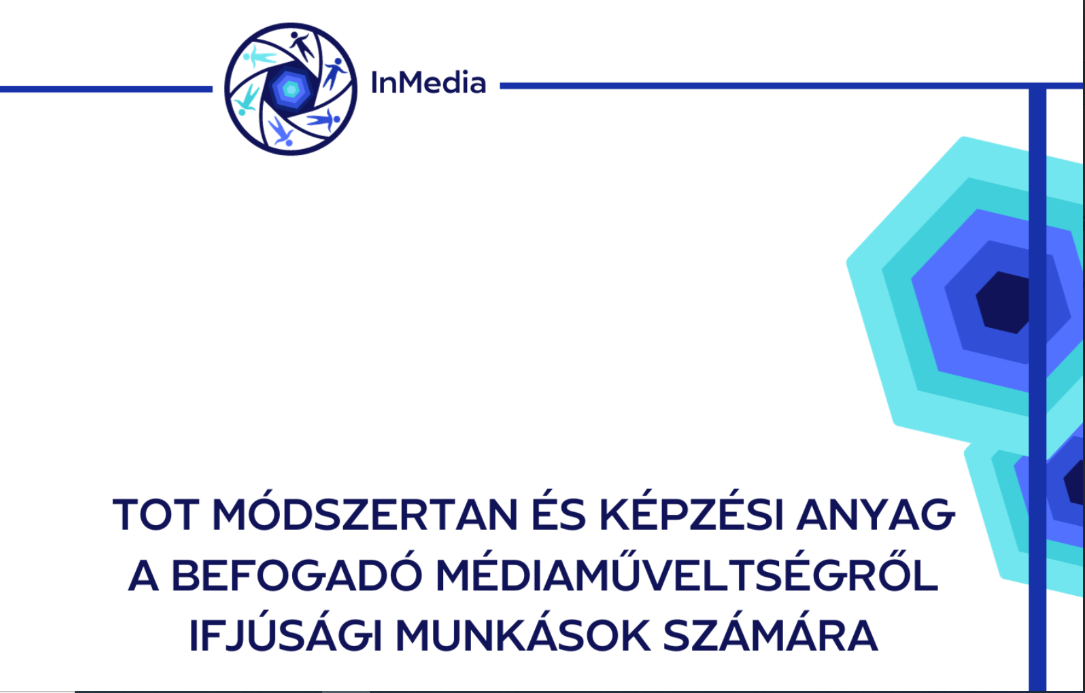
Módszertani és képzési anyag médiaműveltségről
Ezt a kézikönyvet azoknak a tanároknak, nevelőknek és facilitátoroknak ajánljuk, akik a 12-18 éves korosztállyal dolgoznak, és akik a kritikus gondolkodás, az identitás és a sztereotípiák, a “mások”, a média manipulációja, az észlelés és a tévhit, a tényellenőrzés és az álhírek témáit szeretnék feldolgozni. A nem formális oktatási módszereken alapuló workshoptervek alkalmazhatók osztályteremben, de akár nyári táborban, tematikus napon vagy ifjúsági rendezvényen is.
A kézikönyv a 1st International School of Ostrava (Ostrava, Slovakia), az Artemisszió Alapítvány (Budapest, Magyarország), az Instytut Kultury Miejskiej (Gdańsk, Lengyelország) és az Obcianske Zdruzenie Diera do Sveta (Liptovský Mikuláš, Szlovákia) együttműködésének eredménye a Nemzetközi Visegrádi Alap által 2019-2020-ban alapított “Demokrácia és innovatív módszerek az oktatásban (DIME)” oktatási projekt keretében.
You can read it here.
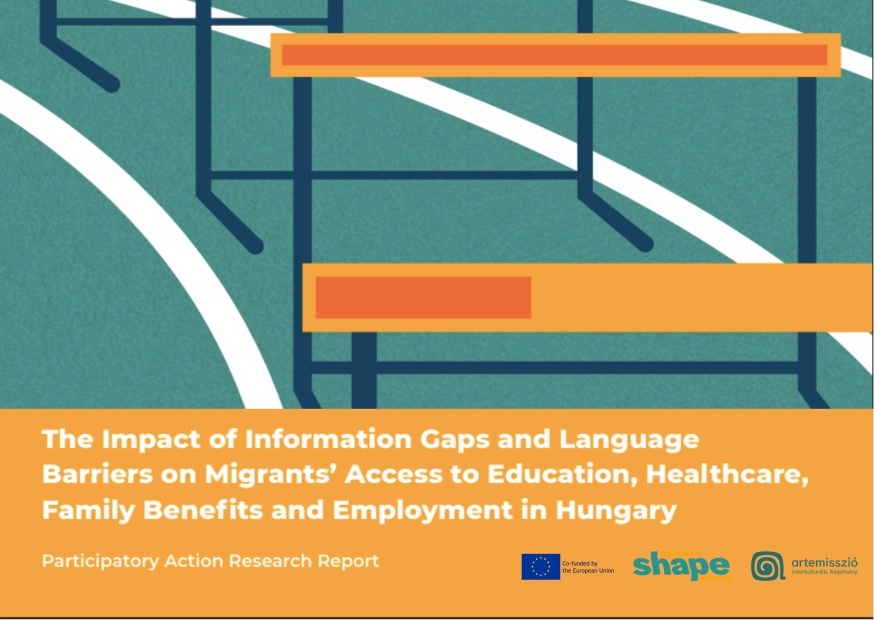
Overcoming Barriers: the impact of information gaps and language barriers on migrants' and refugees' access to education, healthcare, family benefits and employment in Hungary. Participatory Action Research Report (2023)
This participatory action research report examines the challenges faced by third-country nationals living in Hungary, focusing on employment, language skills, healthcare and family support.
The research is based on a participatory action research project carried out by 12 migrants and refugees living in Hungary with the support of the Artemisszio Foundation, with the aim of making a difference at local and national level. The report highlights the lack of essential information about immigrants and how language barriers exacerbate this problem. Research methods included questionnaires, interviews, focus groups and analysis of secondary data. The results highlight the need for increased information dissemination, language support and inclusion policies to promote the integration of immigrants in Hungary.
The research resulted in the creation of Navigate Hungary, an information website that creates reliable online resources, bridges the information gap and makes basic information accessible to migrants.





